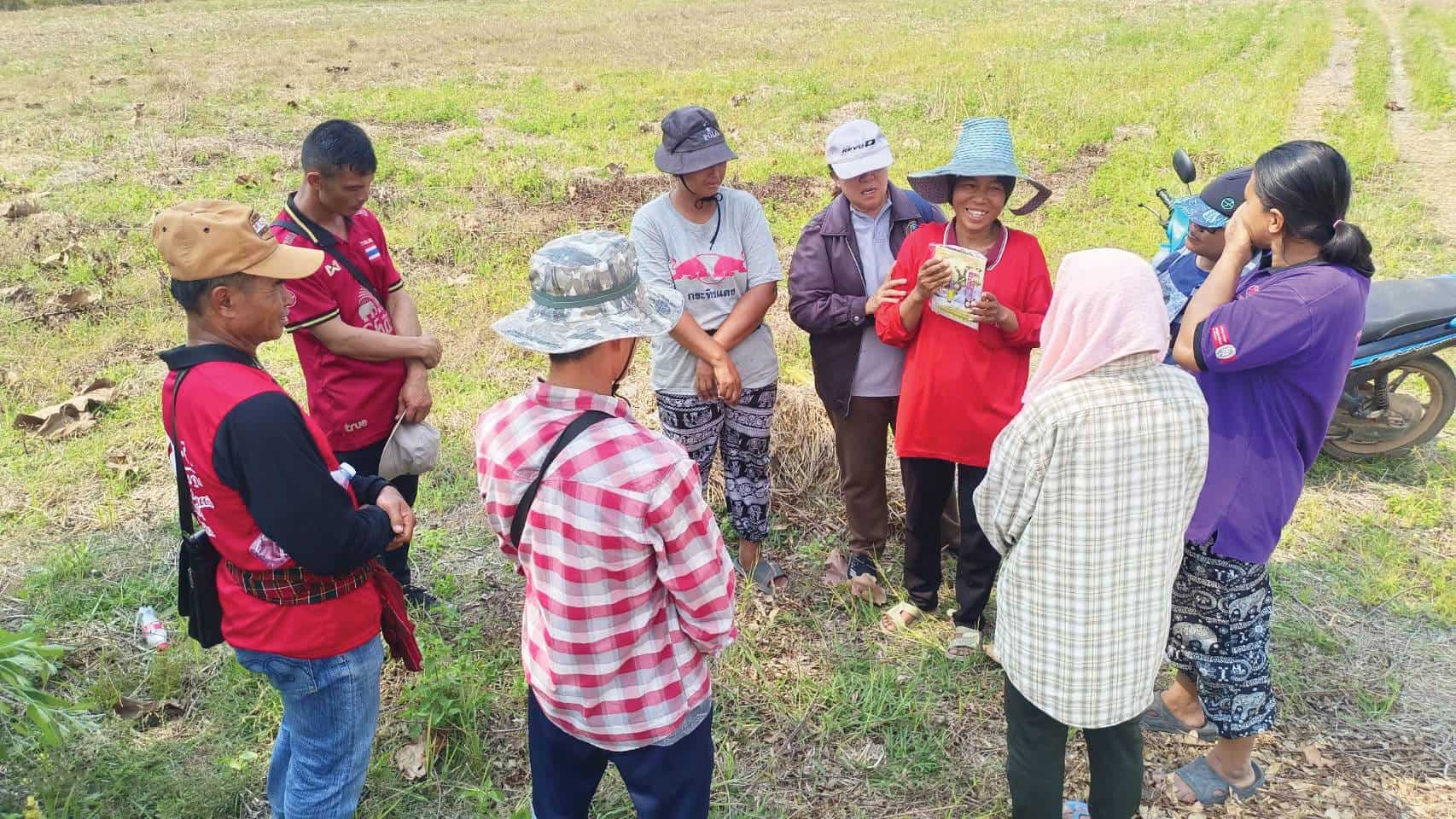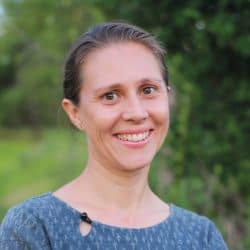Momentum of the Movement
Among the Isaan people of Thailand, a house church network reaches new believers and multiplies leaders.
Article by Bethany Tobin
Is Life Enrichment Church a disciple-making movement? The common definition of a disciple-making movement (DMM) designates “exponential multiplication” of believers in a short amount of time. From 1995 to 2002, visionary evangelists Skip Tobin (my father) and Andre Provost implemented DMM strategies and experienced the exponential reproduction they sought.
When national leadership took the helm in 2005, Life Enrichment Church (LEC) had taken root in a previously unreached part of Ubon Ratchathani province to become a house church network of empowered indigenous leaders starting house churches and making disciples in two districts and counting.
But nearly 25 years later, LEC’s total membership and number of house churches has only increased slightly. While this is not the exponential multiplication hoped for, I believe that LEC is successful because the momentum of the movement has seen it hold steady.
Secrets of Survival
While many church plants in Isaan have failed, LEC survived the turnover to national leadership, survived the massive rate of attrition in Thailand, survived catastrophic leadership failure and church splits, survived the first generation of leaders aging out, and survived COVID. It not only survived, but grew in its identity, confidence and maturity, steadily multiplying leaders, and continuing to broaden its reach from two districts to four.
What are its survival secrets? LEC has consistently reached new believers and nurtured multiple leaders. In a country seemingly impervious to evangelistic efforts, where believers wither under intense isolation, LEC remains “scattered” among rural villages, actively engaging in evangelism and discipleship at the village level, while also “gathered” for crucial spiritual connection in a warm and loyal house-church network. Stewarding these two opposing survival strategies well is what has made LEC a movement that has taken root and grown, while many mission endeavors in Isaan have failed.
Disciple-making movements can’t always be fast because discipleship is a marathon, not a sprint.
Meet Bawm. She is a mom, a farmer and a leader in the Nachaluay district. She has a passion to share Christ with her neighbors, and when she reaches out, she folds you into her family. Bawm sees that it is important to engage in intentional evangelism events regularly besides informal friendship evangelism.
When someone opens their heart to learn more, she and her husband and other members visit regularly and disciple them using simple lessons from a resource called Train and Multiply. The first lessons share the gospel with stories and afterwards they study the commands of Christ. Homework is to do the commands and share the story with neighbors and family. These believers take Christ’s command to love another seriously, showing up for each other and even sacrificially sharing finances.
LEC’s success in rural areas is due in large part to reproducible worship methods. Having local laypeople lead simple worship services right in the village instead of traveling to a city, using Isaan instruments and music, using the Isaan dialect instead of Thai—these are all ways that house church is accessible and approachable to rural Isaan people. Meeting in homes in a small group naturally facilitates other DMM strategies like discipleship and leadership development. With low emphasis on the finesse of the worship service, money and time are released for spending more time in evangelism. Worshiping with the same small group of people means deeper relationships, accountability and maximum participation.
Old grandmothers lead Isaan worship songs set to ancient folk tunes, a former druggie leads the time in the Word. A mom with a sixth grade education rounds the kids up and leads them in songs and games. The house-church leader is also a leader in training, receiving input from a district leader, but fully released to baptize, serve communion and disciple others.
But being scattered among the villages is tough— believers need regular contact and encouragement. To do something different in an animistic communal culture is incredibly intimidating, so imagine being the only Christian!
Once a month, Pastor Joi, who mentors all the district leaders, comes to visit Bawm’s family. He takes time to visit, listen and ask questions besides doing a leadership training lesson. Bawm and her husband participate in the rhythms of the broader network, sharing news on a chat group, and meeting together monthly for an all day prayer meeting and an all day church administration meeting. When anybody needs anything, there is a big, broad family spanning four districts, with multiple leaders who coordinate to respond.

For many years Bawm was a member, and then a leader of a little fledgling Baptist church, long before she was connected with LEC. Emphasis on church attendance only meant that there was little leadership development. Western practices like burials caused major problems with her neighbors. After existing leaders left or imploded, Bawm became the last one standing, and a pastor traveled in from Bangkok to visit once in a while.
When a crisis hit her family in 2014, the long years of being under-supported and isolated finally overcame her loyalties. She asked if she and the few with her could join LEC, where she could be nurtured as a leader in the same kind of life-on-life family that she strove to offer others.
Since joining LEC, Nachaluay district has been through two traumatic deaths, lots of persecution, wolves in sheep’s clothing, lots of attrition, and division. But today it is growing and there are more healthier and confident leaders than there were a decade ago.
A New Season
As someone who has been part of LEC from inception to today, and witnessed their maturation in the face of adversity over the last 25 years, I believe that LEC is poised for a new season of growth. DMM strategies have always served LEC well, but now the movement has matured and is ready to put out new branches and bear new fruit.
Disciple-making movements can’t always be fast because discipleship is a marathon, not a sprint. For example, a drug addict with anger issues doesn’t become an emotionally healthy mentor in a year! As we survey the landscape of DMM, beware of movements that are only fast, that are nothing more than a leadership pyramid that pressurizes people to recruit out of legalism and external rewards.
While working for momentum in evangelism, we must keep our focus on the quality of our discipleship. The emphasis remains on faithfully drawing near to Christ, rather than reporting a snazzy number. Let us not be lacking in zeal, but let us fix our eyes on Christ, and our salvation in his grace, and like him, be full of patient hope!
Bethany Tobin serves with her husband Steve Horst and three children in Bangkok, Thailand, in partnership with Life Enrichment Church. They serve in partnership with Eastern Mennonite Missions.

